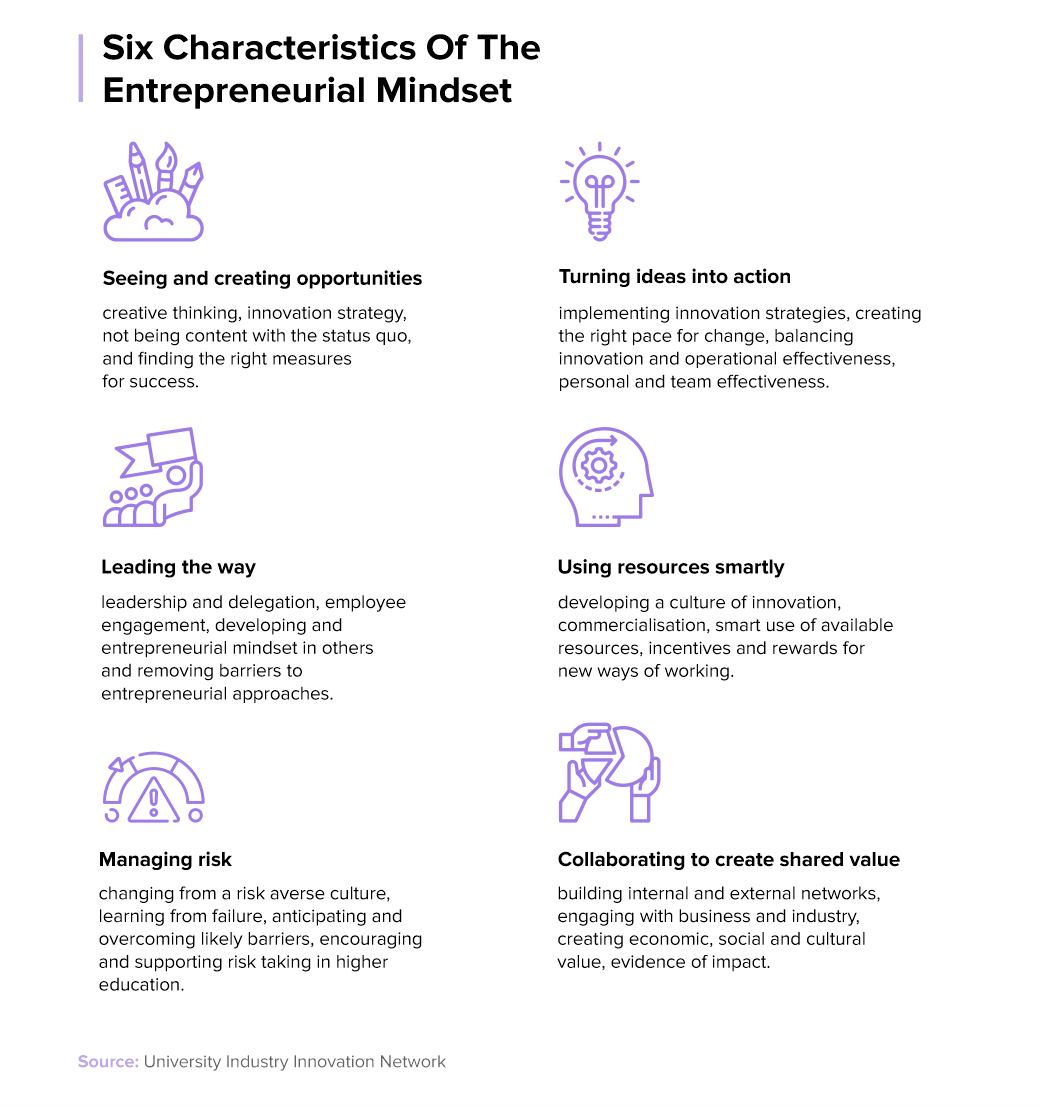Nurturing Young Entrepreneurs: A Family Journey

The traditional education system often overlooks the practical skills needed for real-world success. In an era where innovation drives economies, it is crucial to equip our children with entrepreneurial skills from an early age. In our family, we believe that fostering these skills not only enhances academic performance but also cultivates a mindset geared towards creativity and problem-solving. Our journey into entrepreneurship education started with simple ideas and evolved into a comprehensive philosophy that emphasizes learning outside conventional schooling. By integrating practical experiences into our daily lives, we aim to redefine what it means to learn and succeed. Through this approach, our children have achieved remarkable milestones, including multilingualism and academic excellence. This blog post shares our family’s journey and the lessons we’ve learned about nurturing young entrepreneurs.
The Spark of an Idea: From Chores to Business
My son’s entrepreneurial journey began with a simple desire: to earn money. At first, he suggested typical child chores like mowing the lawn and washing the car. These discussions sparked a deeper conversation about business concepts, leading him to understand the difference between merely exchanging time for money and creating a sustainable business model. His first entrepreneurial venture involved planting and selling vegetables. This initiative not only demonstrated his creativity but also showcased his ability to take the lead and manage a project. Through this experience, he learned valuable lessons about market demand, pricing, and customer interaction. The transition from simple chores to a structured business idea marked a significant milestone in his understanding of business dynamics and investment. This experience instilled a sense of responsibility and initiative that we continue to nurture as he explores new ventures.

Lessons in Investment and Financial Management
Teaching my children about money management is crucial for their entrepreneurial development. Early on, we explored practical aspects of financial literacy, such as budgeting for their vegetable garden and understanding loans. My son took the initiative to negotiate a small loan to fund his project, which introduced him to concepts like interest and financial responsibility. This experience laid the groundwork for understanding more complex financial concepts in the future. By encouraging them to think critically about investments, we foster a mindset geared towards financial independence. They learn to differentiate between needs and wants, evaluate potential risks, and make informed decisions. These financial lessons are not just theoretical; they are woven into our daily lives, empowering my children to approach money management with confidence.
The Role of Failure in Learning
In entrepreneurship, failure is often viewed negatively, but I emphasize to my children that it is a vital part of the learning process. We discuss historical examples, like Thomas Edison’s numerous attempts before successfully inventing the light bulb, to illustrate the importance of perseverance. By framing failure as a stepping stone to success, we encourage a healthy attitude towards risk-taking and experimentation. This mindset prepares them for the unpredictable nature of business and life. They learn to embrace challenges and view setbacks as opportunities for growth. Encouraging a culture of resilience helps them build confidence in their abilities and prepares them to navigate the complexities of entrepreneurship. By celebrating both successes and failures, we reinforce the idea that each experience contributes to their growth as individuals and future business leaders.
Real-World Experience: Internships and Startups
As my children approach their teenage years, we plan to immerse them in real-world experiences that will provide invaluable insights into the business world. Opportunities to work for tech startups are particularly appealing, as they offer a hands-on approach to learning that goes beyond traditional classroom settings. These internships will equip them with skills in teamwork, problem-solving, and the dynamics of a professional environment. This exposure will not only enhance their understanding of how businesses operate but also allow them to apply the concepts they’ve learned in a practical context. Real-world experience fosters a sense of responsibility and accountability, as they navigate the challenges of working in a team and meeting deadlines. By engaging with professionals in the field, they gain insights that books alone cannot offer, paving the way for their future entrepreneurial ventures.
The Importance of Mentorship
Having a mentor is crucial for young entrepreneurs navigating the challenges of starting and running a business. As a parent, I strive to be a guiding figure, but I also encourage my children to seek external mentors who can provide diverse perspectives and insights. Learning from experienced entrepreneurs helps them refine their ideas, avoid common pitfalls, and develop their unique business strategies. A mentor-mentee relationship fosters a sense of community and collaboration, essential for entrepreneurial success. Through mentorship, my children can gain access to networks and resources that can propel their ventures forward. This relationship not only enhances their business acumen but also builds confidence, as they receive guidance and support from those who have walked the path before them.
Encouraging Independence and Creativity
My wife and I prioritize nurturing our children’s independent spirit and creativity. We provide opportunities for them to explore their interests and develop their unique ideas. By allowing them to take the lead in their projects, we encourage ownership and accountability, which are crucial for building confidence and resilience in their entrepreneurial journeys. This independence is not just about fostering creativity; it’s also about teaching them to be self-reliant. We celebrate their successes and failures alike, reinforcing the idea that both are valuable learning experiences. By creating an environment where they feel safe to experiment and innovate, we empower them to think outside the box and pursue their passions fearlessly.
Balancing Education and Entrepreneurship
Our approach to homeschooling allows for a flexible learning environment that integrates entrepreneurial lessons into daily life. We emphasize the practical applications of knowledge, ensuring that our children receive a well-rounded education while pursuing their business interests. Topics like marketing, finance, and product development are seamlessly woven into their curriculum. This holistic approach prepares them for diverse career paths, whether in entrepreneurship or traditional fields. By balancing education with real-world experiences, we enable our children to develop the skills necessary to thrive in any environment. They learn to adapt to changing circumstances and to view challenges as opportunities for growth, equipping them with the tools needed for future success.
Conclusion: The Future of Our Children
Our ultimate goal is to raise self-sufficient, empathetic, and responsible young adults who are equipped to navigate the complexities of the world. We believe that entrepreneurship is not just a path to financial success but also a means to achieve freedom and fulfillment. As our children grow, we support their choices, whether they decide to pursue business or explore other passions. The journey of entrepreneurship is about more than just profits; it’s about making a difference in the world and contributing positively to society. By instilling a strong sense of purpose and a commitment to lifelong learning, we aim to equip them with the skills and mindset needed to thrive in an ever-changing landscape. We are excited to see where their journeys will take them, knowing that they are well-prepared for whatever challenges lie ahead.




Comments